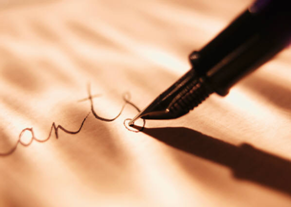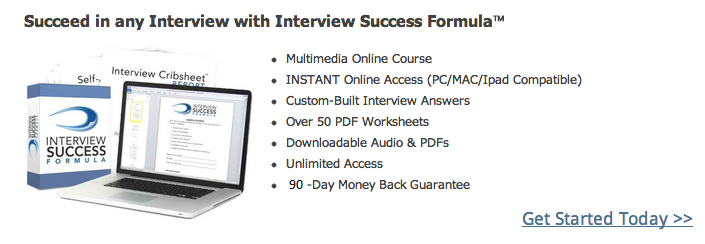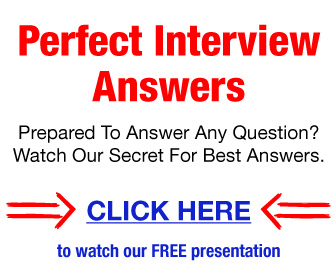 Job interview thank-you letters are a great way for you to provide a subtle reminder of your recent meeting with the interviewers. Certainly, this will not help you if you did not do well during the interview, but if you are one of the top candidates, it could make or break your chances of landing the job.
Job interview thank-you letters are a great way for you to provide a subtle reminder of your recent meeting with the interviewers. Certainly, this will not help you if you did not do well during the interview, but if you are one of the top candidates, it could make or break your chances of landing the job.
It is shocking how only a small percentage of applicants take time to send thank-you letters. The fact is, thank-you letters are the perfect medium to set you apart from the top candidates.
Why Send Thank-You Letters?
Generally speaking, a thank-you letter is sent as a courtesy to the interviewer for taking the time to interview you. However, the letter can also serve other purposes:
- If you were asked an extremely difficult question and, as you went home, you thought off a better answer, you can reference this question with a brief answer to smooth things over.
- You can reiterate your interest in the job, highlight your core strengths, and emphasize the value you would bring to the job.
- It presents an opportunity to discuss information about things you forgot to mention during the interview and to follow up with information the employer asked you to provide.
The most important reason to send a thank-you letter is that it is the perfect way to follow up with an employer. This is especially true when your interviewer did not inform you of his or her follow-up procedures, or if you simply forgot to ask. If a week has passed since the date when you were supposed to be contacted, you can send a thank-you letter politely inquiring about the status of your application and mentioning that you are still interested.
How to Structure Your Thank You Letter
In the first paragraph of the thank-you letter, thank the interviewer for taking time to conduct the interview. Reiterate your interest in the position and how excited you are at the prospect of joining their team. Explain that knowing how their company works only strengthened your interest.
The next paragraph should include the reasons why you are the right candidate for the job. Reiterate your strengths and how these would help the company. This serves as a reminder to the interviewer of who you are. This is important, since employers interview a lot of applicants, and helping them to remember you will only improve your chances of getting the job.
In the third (optional) paragraph, you might wish to bring up any details you forgot to mention during the interview. You can also clarify things here if you feel that there were questions in which your answers were not optimal.
In the closing paragraph, sincerely state your appreciation for their consideration of you. Express that you are looking forward to hearing from them soon.
Handwritten vs. Printed vs. E-mail
There is a lot of debate as to whether your thank-you letter should be handwritten, printed, or sent via e-mail. If you asked ten hiring experts, you would get ten different answers. However, there isn't really much to debate here. The three have their own pros and cons. Choosing one among the three is really about knowing the position you are applying for and the person who interviewed you. Understand that there isn't a perfect solution here. There are things that work in the fashion industry that might not work for the medical field.
No matter what the situation, job interview thank you letters are a good tool in any job search. You must utilize every tool you have at your disposal to increase your chances of getting hired.


